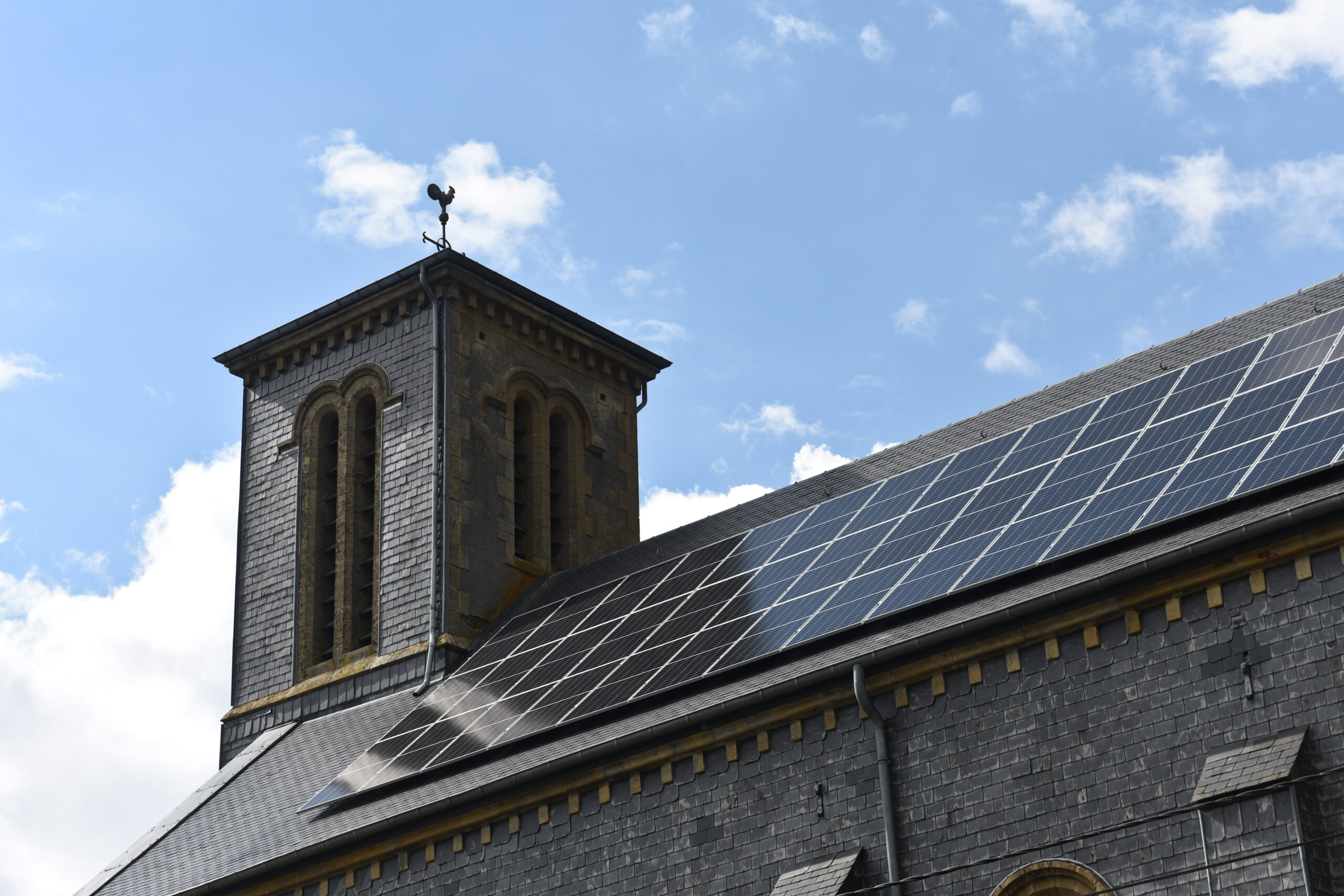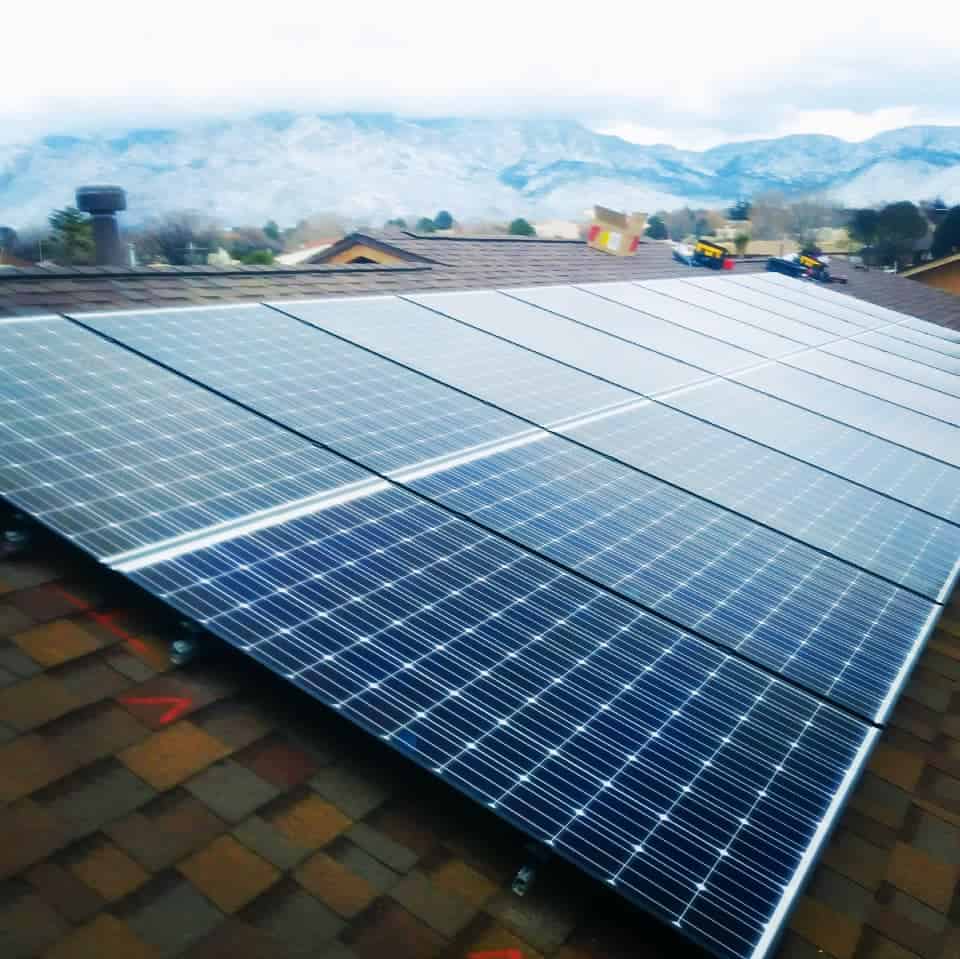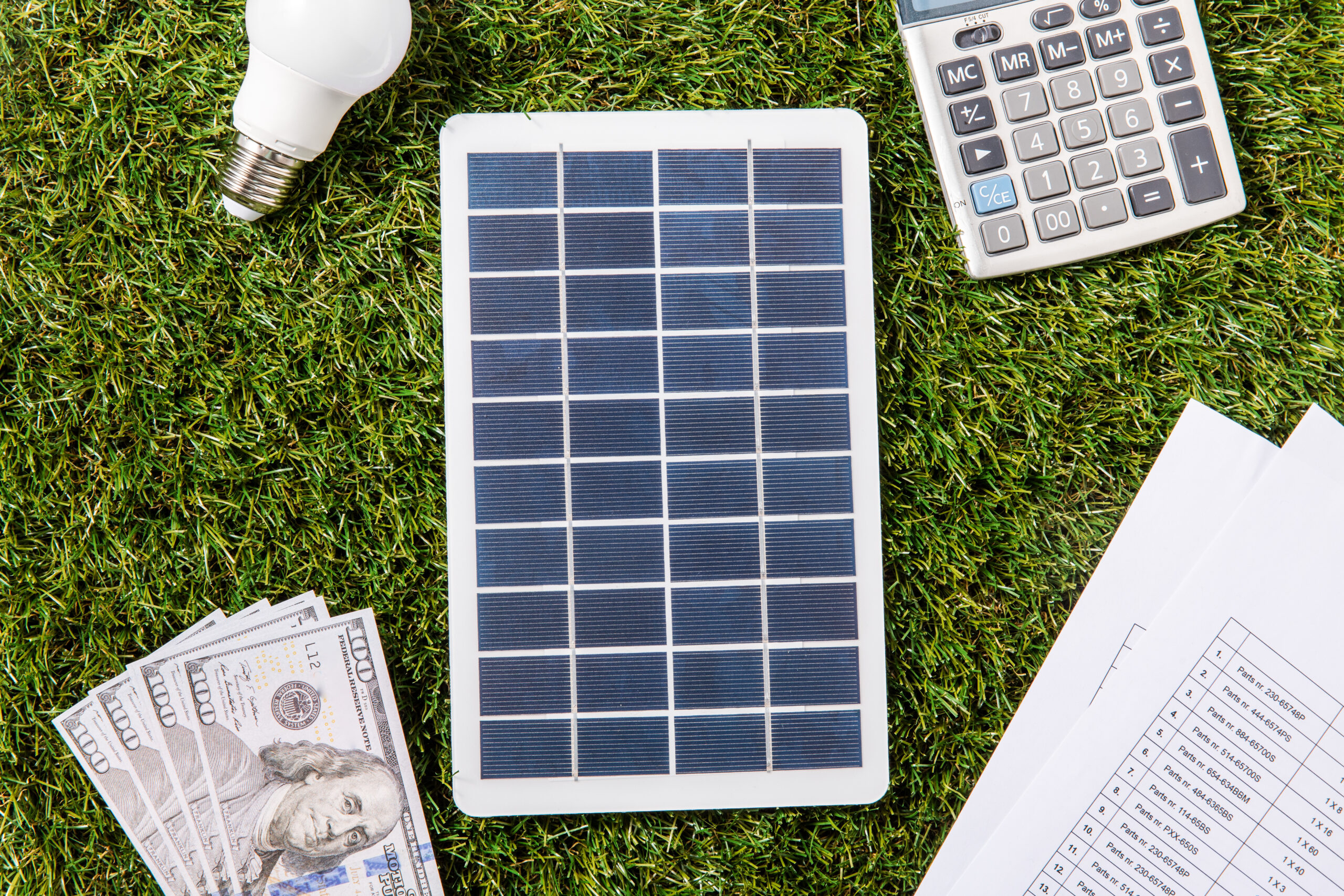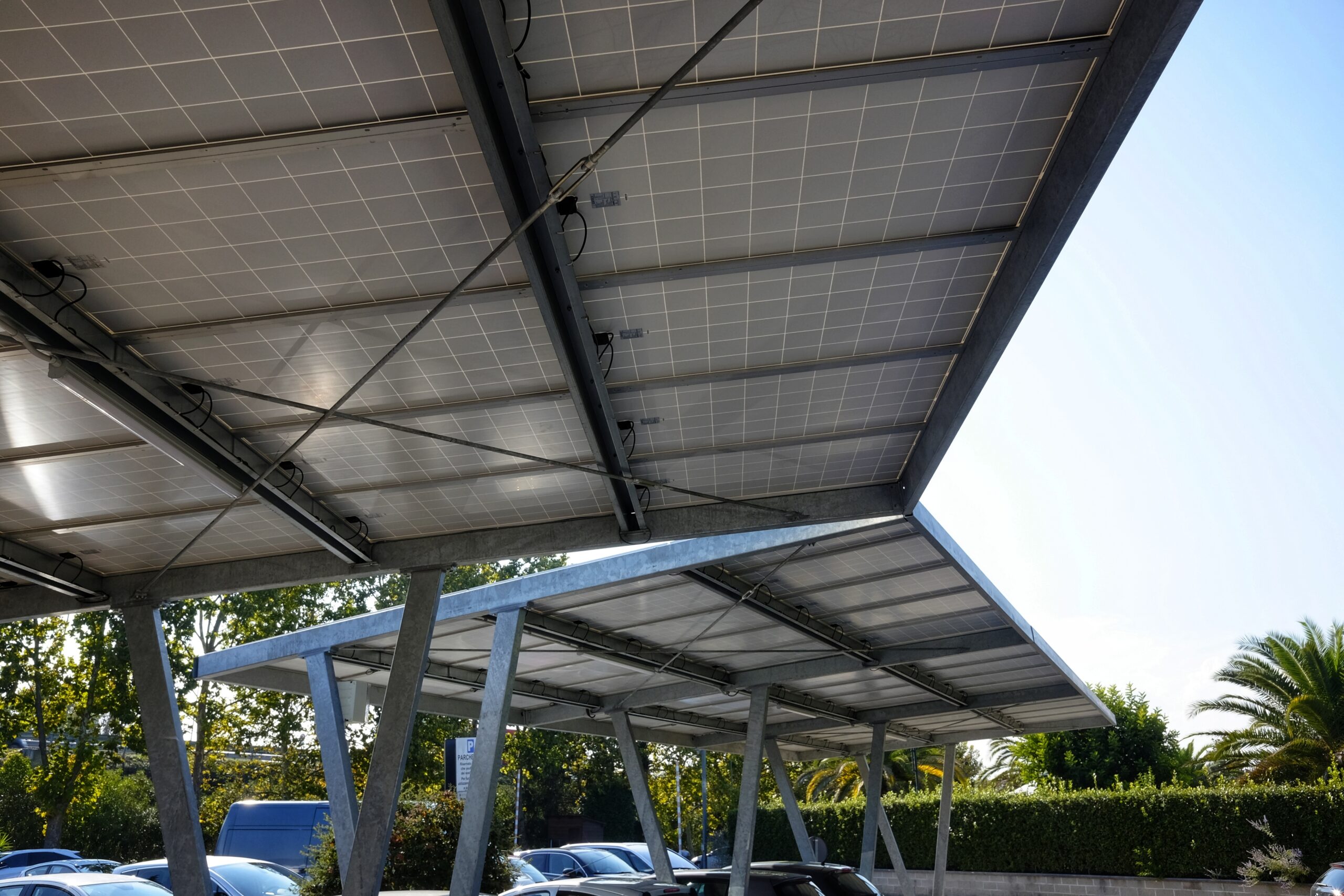Churches are an important part of our communities. They provide a place for people to come together to worship, learn, and grow. However, churches can be expensive to operate. One way that churches can save money is by installing solar panels.
Solar panels are a clean, renewable source of energy that can generate electricity on-site. This means that churches can reduce their reliance on the grid and lower their energy costs.
There are many benefits of solar for churches. Here are just a few:
- Reduced energy costs: Solar panels can help churches save money on their energy bills. In fact, the average church can save up to 60% on their energy costs by installing solar panels.
- Increased sustainability: Solar panels are a clean, renewable source of energy. This means that churches can reduce their environmental impact by installing solar panels.
- Improved public image: Churches that install solar panels can improve their public image. This is because solar panels are seen as a symbol of sustainability and environmental responsibility.
- Increased fundraising potential: Churches that install solar panels can increase their fundraising potential. This is because donors are more likely to donate to organizations that are taking steps to be more sustainable.
BIG NEWS FOR 2023
The federal government’s investment tax credit (ITC) for solar has been expanded in three key ways:
- Nonprofit organizations with no federal tax liability can now apply for direct reimbursement equal to the value of the tax credit.
- Storage-only projects are now eligible for the ITC.
- The ITC now includes several “bonus credits,” which can significantly increase savings for projects serving low-income and underserved communities.
Direct Pay Reimbursement
Nonprofit organizations with no federal tax liability can now apply for direct reimbursement from the federal government. This means that they can receive a check for 30% of the cost of their solar installation, even if they don’t have any federal tax liability. This can be a great way to save money on their solar installation and to make it more affordable.
Storage-Only Projects
Storage-only projects are now eligible for the ITC. This means that projects that only install energy storage systems, such as batteries, are now eligible for the tax credit. This is a major change, as it previously only applied to projects that installed both solar panels and energy storage systems.
Bonus Credits
The ITC now includes several “bonus credits,” which can significantly increase savings for projects serving low-income and underserved communities. These bonus credits are available for projects that are located in certain census tracts or that serve certain populations, such as low-income households or veterans.
If you are a church, I encourage you to consider installing solar panels. Solar panels can help you save money, improve your sustainability, and improve your public image. We would be happy to answer any of your questions and help you get started on your solar journey.
Click here to learn more about federal solar incentives for businesses.







